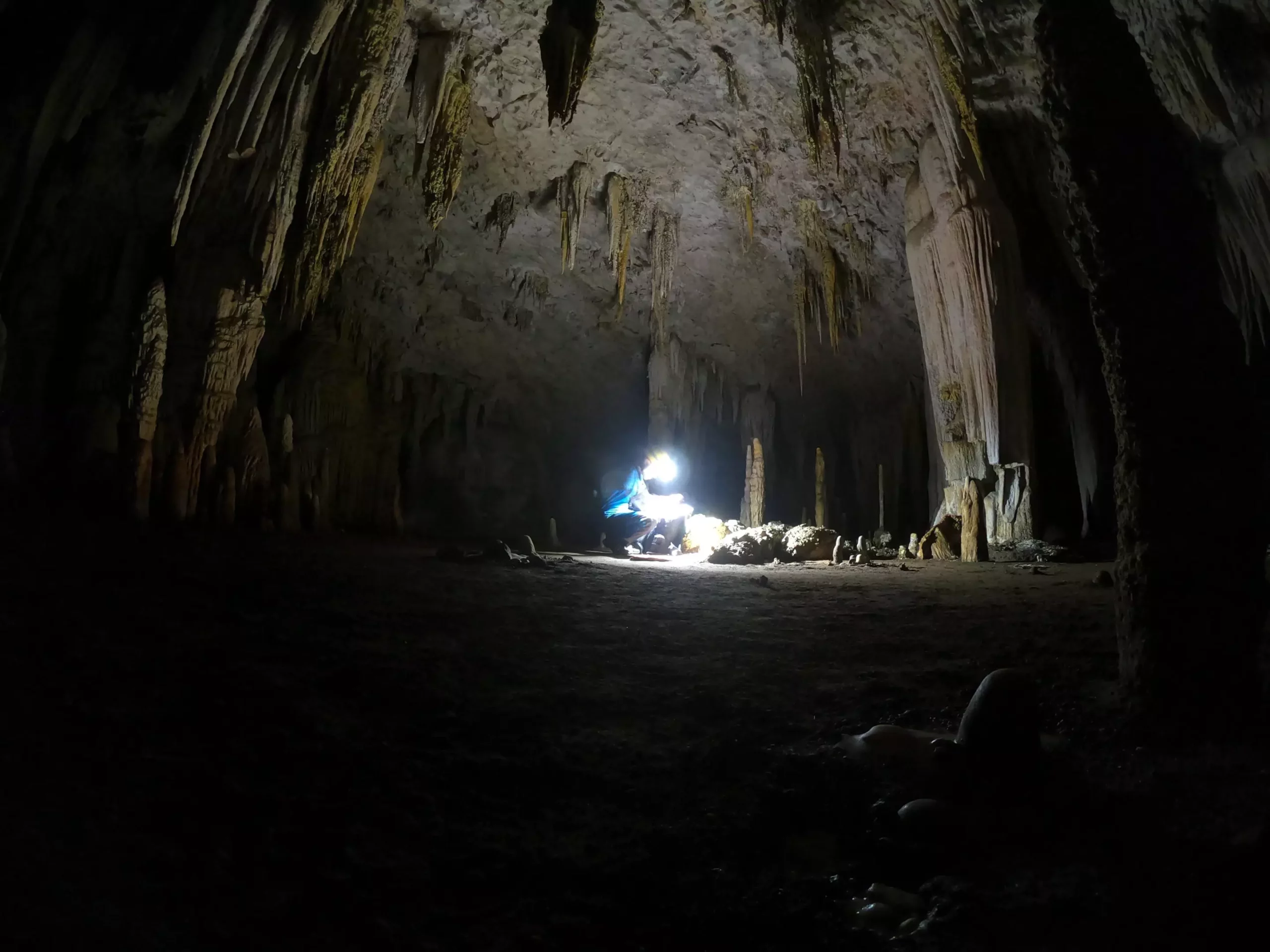The study of climate change and its impacts on our planet is an ongoing endeavor that requires comprehensive analysis and cooperation between experts in various fields. However, a recent study by physicist Thomas Laepple and climatologist Kira Rehfeld has shed light on a significant discrepancy between climate models and climate traces from the past. This article aims to critically analyze this study and explore the implications it may have for our understanding of climate change.
Climate models have long been used to simulate global temperature trends and provide valuable insights into the future of our planet. However, these models often fall short when it comes to representing regional variations in climate fluctuations. On the other hand, climate traces, such as tree rings, marine sediments, and ice cores, provide valuable information about past temperature variations on a regional scale.
Laepple and Rehfeld, along with their colleagues, have been studying this discrepancy for several years. They have found that while climate models accurately simulate global temperature trends, they often underestimate the strength of regional climate fluctuations over longer time periods. This discrepancy between the models and climate traces has raised concerns among experts and sparked controversial discussions.
One of the key findings of this study is the importance of understanding regional climate variability. Climate models tend to average out regional deviations over longer time periods, leading to smoothed temperature trends. However, in reality, regions around the world can experience diverse and sometimes contrasting temperature changes. Some regions may cool for a few years, while others may experience temperatures significantly higher than the global average.
One possible explanation for the discrepancy between climate models and climate traces is the lack of consideration for regional buffering phenomena in global climate models. Regional ocean currents, for example, can stabilize the climate in coastal regions for many years or even decades, offsetting the global average temperature changes. This highlights the need to account for such phenomena when conducting risk assessments for climate adaptation.
Understanding regional climate variations is crucial for effective climate adaptation strategies. As the effects of climate change become more pronounced, regions will face unique challenges that require tailored solutions. For instance, in agricultural practices, it is essential to know when to switch to crops that can tolerate higher temperatures. The discrepancy between climate models and climate traces makes it challenging to plan and implement concrete measures to adapt to these regional variations.
The study by Laepple and Rehfeld is an important step towards improving our understanding of climate change and its regional implications. By bringing together experts in climate models and climate traces, they have shed light on the limitations of current models and highlighted the need for further research to bridge this gap. Collaborative initiatives, like the international working group CVAS, play a crucial role in fostering interdisciplinary dialogue and advancing our understanding of climate variability across scales.
The study by Laepple and Rehfeld has revealed a significant discrepancy between climate models and climate traces. While climate models accurately simulate global temperature trends, they often fail to capture regional variations in climate fluctuations. This highlights the importance of understanding regional climate variability and the need for improved models that can provide accurate predictions at both global and regional scales. By addressing these discrepancies and fostering collaboration between experts, we can better prepare for the consequences of climate change and develop effective adaptation strategies.



Leave a Reply